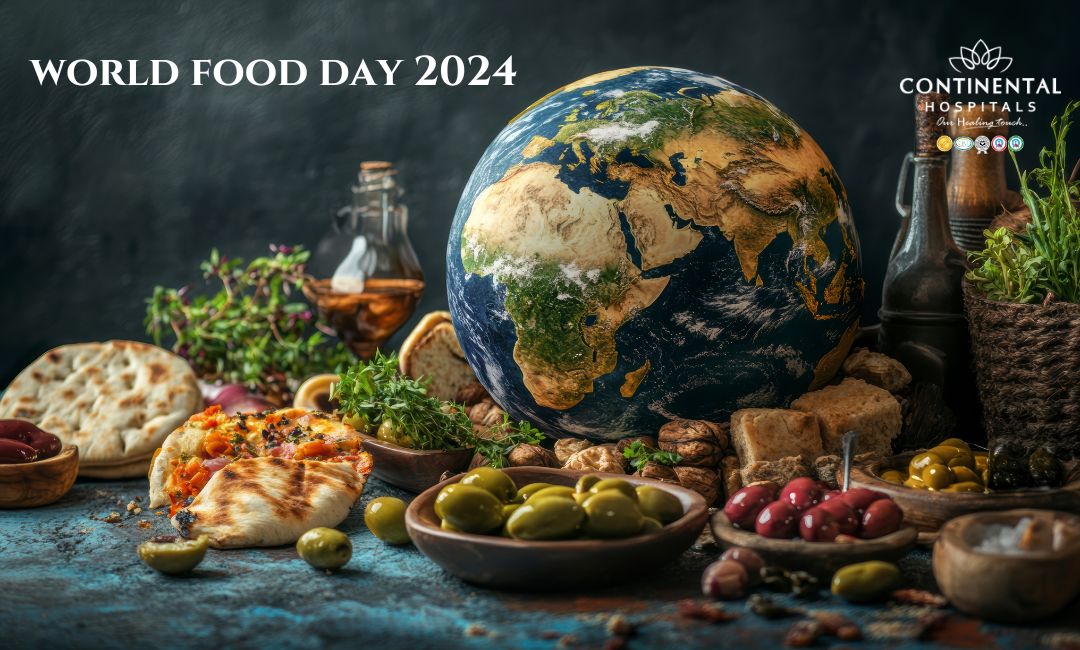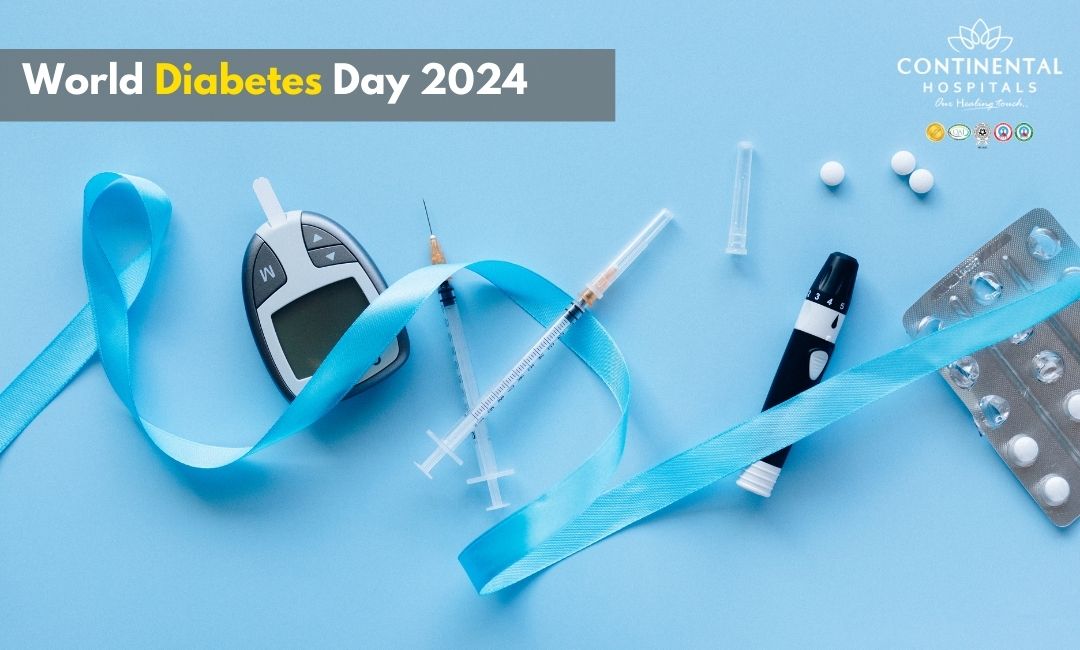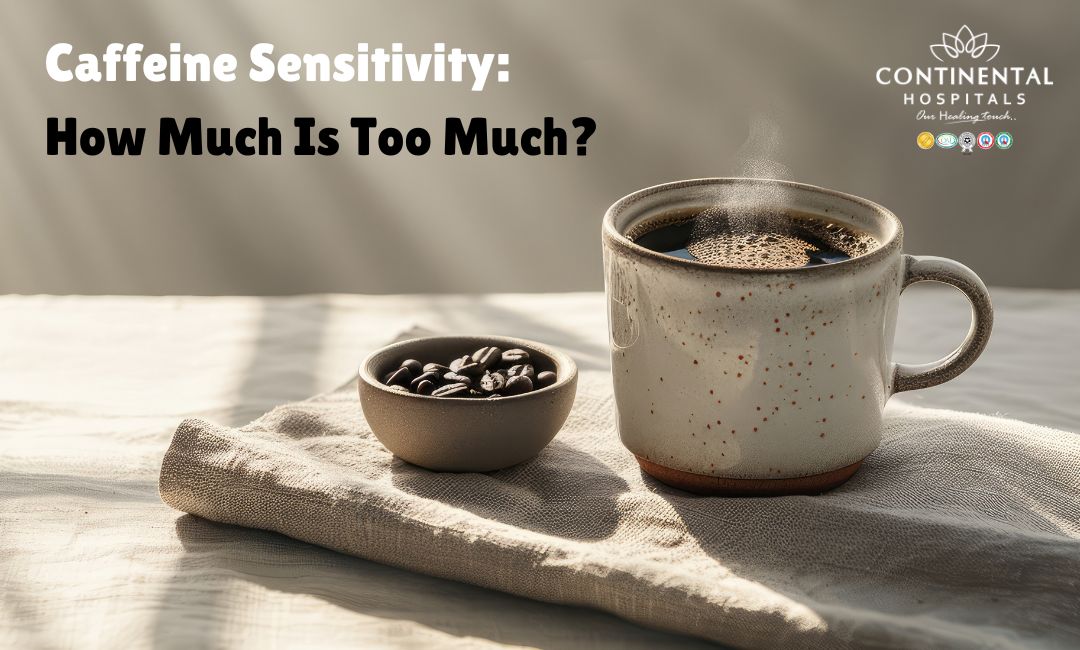World Food Day, celebrated on October 16 every year, is an occasion to raise awareness about global hunger and food security issues while promoting sustainable food systems. With a growing global population and increasing environmental challenges, the importance of this day cannot be overstated. In 2024, let’s take a closer look at the current state of food security worldwide, highlight the issues that need urgent attention, and explore how we can work together to build a more sustainable future for all.
The Importance of World Food Day
World Food Day was established by the Food and Agriculture Organization (FAO) of the United Nations in 1979 to commemorate its founding. Over the years, it has become an important platform for promoting sustainable food systems and advocating for food as a basic human right.
In 2024, the theme highlights the vital connection between food security and the future of humanity. Access to nutritious food is not only essential for survival but also for personal well-being, economic productivity, and social stability. When people have enough food to eat, they can lead healthier, more productive lives and contribute to the development of their communities and countries.
World Food Day 2024 Theme: Right to Foods for a Better Life and a Better Future
The theme for World Food Day 2024, “Right to Foods for a Better Life and a Better Future,” emphasizes the importance of ensuring access to nutritious food for everyone. It reflects the global commitment to addressing food insecurity, malnutrition, and hunger. The theme also promotes the idea that access to adequate food is not just a necessity for survival but a stepping stone to a healthier, more prosperous future for all.
Food security is closely linked to several aspects of development, including education, health, economic growth, and poverty reduction. By ensuring access to nutritious food, we can improve lives, reduce inequalities, and create a better future for the next generation.
Food Security: A Global Issue
Despite progress in some regions, hunger and malnutrition remain major global challenges. According to the FAO, around 828 million people were suffering from chronic hunger in 2021, and the numbers have continued to rise due to factors like climate change, conflict, and economic inequality. The Global Hunger Index 2022 revealed that 45 countries, including many in Sub-Saharan Africa and South Asia, are struggling with alarming levels of hunger.
Beyond hunger, billions of people lack access to the nutrients needed for a healthy life. Poor diets are one of the top causes of preventable diseases globally, contributing to conditions like obesity, diabetes, and heart disease. This is not just a problem in poorer countries but also in wealthier nations, where unhealthy food options are often more accessible than fresh, nutritious alternatives.
The Situation in India
India, home to one of the world’s largest populations, faces significant food-related challenges despite its status as an agricultural powerhouse. The country ranks 111th out of 125 countries on the Global Hunger Index in 2023, which indicates a "serious" hunger situation.
According to India's National Family Health Survey (NFHS-5), 35.5% of children under five years are stunted due to malnutrition, while 19.3% of children are wasted. Anemia is also a critical issue, affecting 57% of women and 67% of children under the age of five. On the other hand, India faces a rising problem of obesity and non-communicable diseases due to the consumption of processed foods, leading to a dual burden of malnutrition.
However, India has made some notable strides in addressing food insecurity. Programs like the Public Distribution System (PDS) and Integrated Child Development Services (ICDS) aim to improve access to food and nutrition, particularly among vulnerable groups. In addition, initiatives like the National Food Security Act ensure subsidized food grains to nearly 75% of rural and 50% of urban populations.
Right to Foods for a Better Life and a Better Future
The 2024 theme for World Food Day emphasizes that the right to food is not just about avoiding hunger but about ensuring a better quality of life for everyone. This right is closely linked to several other human rights, including the right to health, education, and decent work.
1. Access to Nutritious Food
Everyone, regardless of their socioeconomic background, should have access to nutritious food. This means that food systems must prioritize not only the quantity of food available but also the quality. By ensuring that people have access to healthy foods like fruits, vegetables, whole grains, and protein-rich sources, we can improve overall health outcomes and reduce the burden of diet-related diseases.
2. Addressing Inequality in Food Distribution
Inequality in food access is one of the most pressing issues of our time. While some regions of the world face chronic food shortages, others deal with excess consumption and food waste. According to the FAO, about 1.3 billion tons of food are wasted each year globally, enough to feed millions of people.
In India, efforts are being made to redistribute surplus food through initiatives like the Indian Food Sharing Alliance and the Robin Hood Army, which aim to combat food waste and deliver food to those in need. Strengthening these types of community-driven programs can play a significant role in reducing hunger and ensuring that food is more evenly distributed.
3. Sustainable Food Systems
Sustainability in food production and consumption is key to securing a better future. With the world’s population expected to reach 9.8 billion by 2050, food production needs to increase by 70% to meet future demand. However, this must be done in an environmentally sustainable way.
Climate change, overuse of natural resources, and environmental degradation threaten the world's food systems. Shifting towards more sustainable agricultural practices—such as reducing chemical inputs, conserving water, and preserving biodiversity—will be essential in ensuring that food production can continue to meet the needs of future generations.
4. Empowering Farmers and Local Communities
Small-scale farmers produce 80% of the food consumed in large parts of the developing world. Yet, they are often the most vulnerable to hunger and poverty. Supporting farmers through better access to resources, training, and fair markets can help improve food security while also enhancing local economies.
In India, programs like the Pradhan Mantri Kisan Samman Nidhi (PM-KISAN) provide direct income support to farmers, which helps them invest in better seeds, fertilizers, and farming techniques. Additionally, promoting organic farming and crop diversification can boost both income and nutrition for small-scale farmers.
Moving Toward a Hunger-Free World
While there is much work to be done to achieve global food security, there is also hope. Countries, organizations, and individuals are making significant strides toward reducing hunger and ensuring that everyone has the right to nutritious food.
On an individual level, we can all contribute to a better future by making conscious food choices, reducing food waste, and supporting local farmers. Simple actions like donating surplus food, supporting food banks, and choosing sustainably sourced products can have a positive impact on global food security.
At a larger scale, governments and international organizations must continue to invest in sustainable agricultural practices, food distribution systems, and policies that support the most vulnerable populations. By working together, we can create a world where everyone has the right to nutritious, sustainable food for a better life and a better future.
Conclusion
World Food Day 2024 is a reminder that the right to food is essential to achieving a more equitable and sustainable future. Food is more than just sustenance—it is the foundation for health, prosperity, and a thriving society. By ensuring that everyone has access to nutritious food, we can break the cycle of poverty, improve health outcomes, and secure a better life for future generations.
For any further queries or to get personalized nutrition advice, consult our best nutritionist at Continental Hospitals. Together, let's work towards a hunger-free future.
Related Blogs:
.webp)







